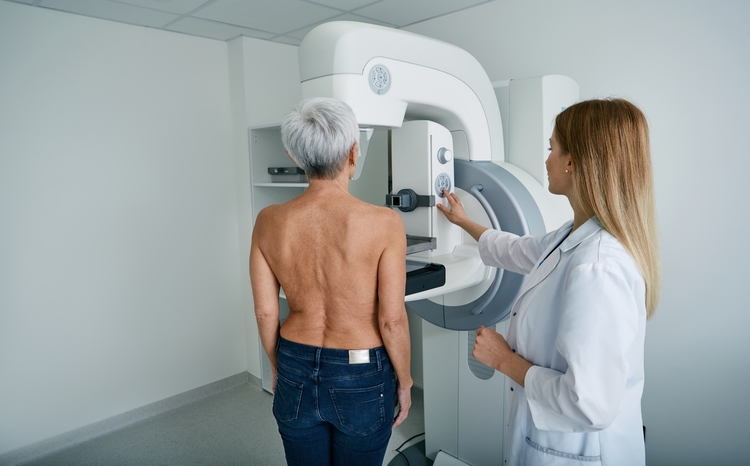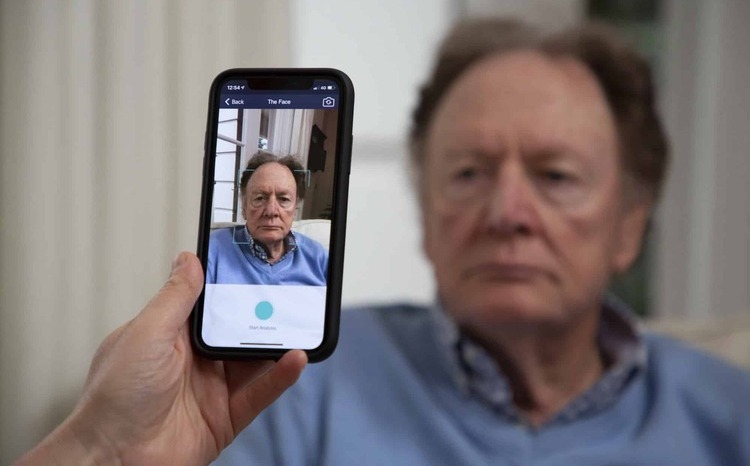Changes to out-of-area GP rules ‘would be burdensome’ to CCGs’

Proposed changes to out-of-area GP registration rules will be “burdensome” if NHS England focuses on organisational boundaries rather than a patient-centre approach, the Digital Healthcare Council has said.
The council, which represents eight digital providers, argued patient care should not be limited to Clinical Commissioning Group (CCG) structures and boundaries and instead called for a “partnership model” between organisations.
It comes in response to NHS England’s consultation on digital first primary care, launched in June, to review funding inequalities between local GP practices and digital first providers, while also addressing high patient churn associated with digital services.
On of the key proposals is to amend out-of-area registration rules so when a digital practice exceeds a threshold of out-of-area patients (proposed between 1,000-2,000), their contract is disaggregated and an alternative provider medical services (APMS) set up, including a physical premises.
Graham Kendall, director of the council, said: “CCG structures and boundaries should not limit patient care. One of the many advantages offered by digital is that patients who wish to escape traditional geographic constraints have opportunities to choose alternatives.
“Physical provision should be available to patients across the country at convenient locations. There are numerous ways to achieve this both through new practices and in partnership with other providers.
“However, the proposed onesize-fits-all threshold-based criterion for forced disaggregation works against this flexibility. Mandating contracts potentially with many CCGs will be burdensome, without necessarily achieving high quality local provision.”
Kendall acknowledged that there would be situations in which digital providers will need a physical practice, but that partnership models should be looked at first.
“These do not need to be defined around CCGs. We also need much more clarity on rates and reimbursements for the proposed mandatory establishment of a physical premises in each CCG.”
[themify_box icon=”info” color=”gray”]
The consultation proposes to:
-
- Amend out-of-area registration rules so when a practice exceeds a threshold of out-of-area patients (possibly between 1,000-2,000), their contract is disaggregated
- Change the allocations system to allow quarterly recalculation of CCG funding to reflect patient movements of the sort which have been stimulated by registration with digital-first practices in London
- Make no changes to the GP payment formula for new patients at this point, but only pay if a patient remains registered with a practice for a defined period, likely to be between six to 12 months
- Use practice entry rules to address inverse care law – NHSE suggests allowing digital first practices to register patients in under-doctored areas, for example CCGs in the bottom 10-20%
- Potentially remove the need for most local Alternative Provider Medical Services (APMS) procurements by looking to PCNs as the default mechanism for maintaining primary care provision
[/themify_box]
It’s a view echoed by Babylon, which powers GP at Hand. The company called for financial “incentives” to encourage digital providers to “maximise their offerings” in primary care.
Elsewhere, the British Medical Association has called for out-of-area GP registration rules to be “withdrawn” completely to prevent digital providers prioritising healthy patients in their response to the consultation.
If the out-of-area registration rules remain the same, a reduced payment should be applied to patients who have registered with a digital first provider, the BMA added.
The consultation closed on August 23.
READ MORE
- NHSE consultation on digital GPs could stifle Babylon’s expansion
- Babylon calls for financial ‘incentives’ for digital providers in primary care
- Out-of-area GP rules should be ‘withdrawn’, BMA says
- GP at Hand to go live in Birmingham after expansion is approved
- GP at Hand makes “destabilising” move to become primary care network
- GP at Hand’s primary care network ‘temporarily approved’ pending review




